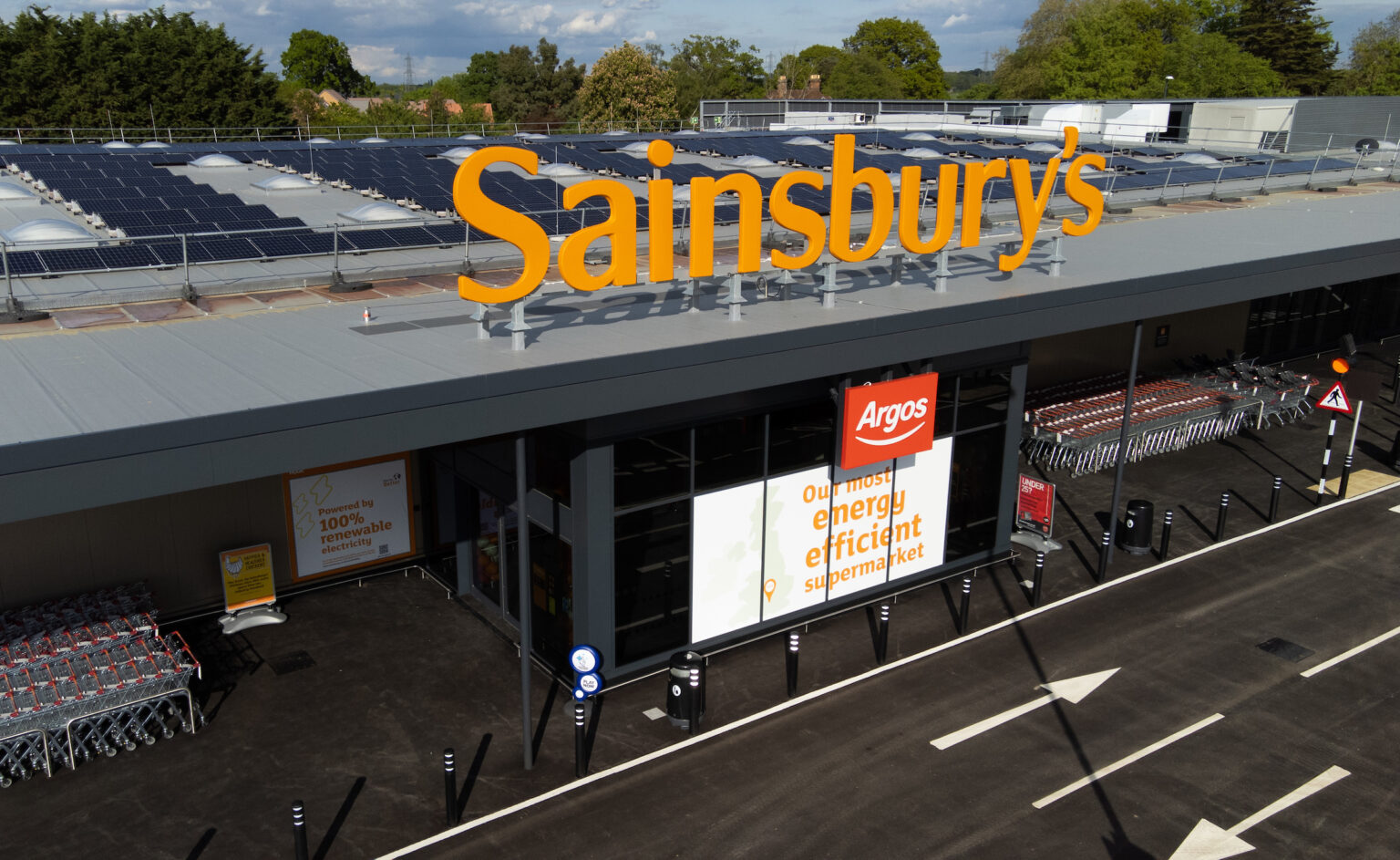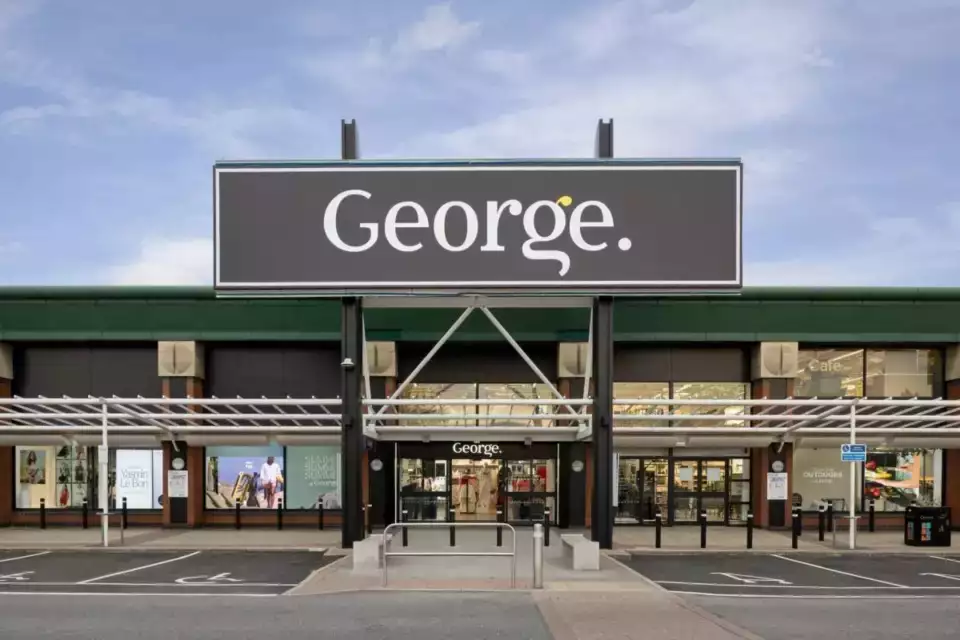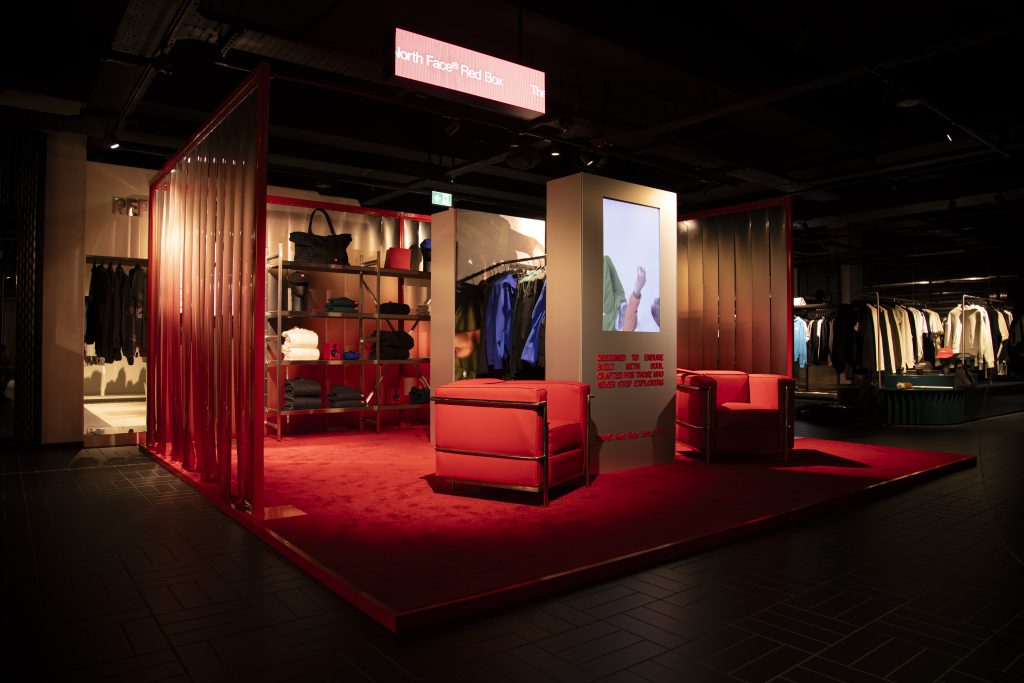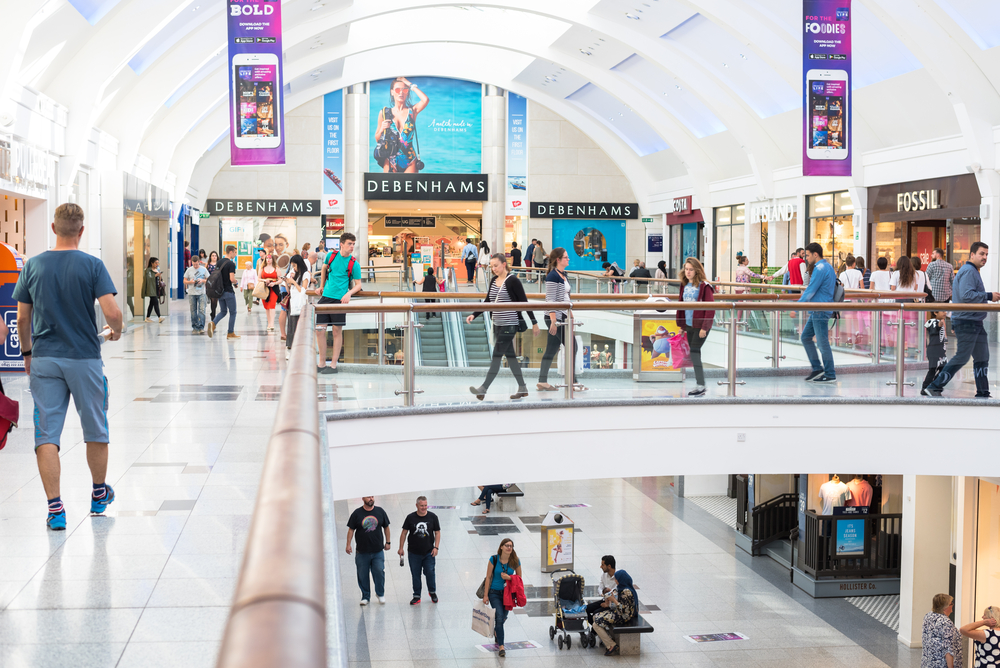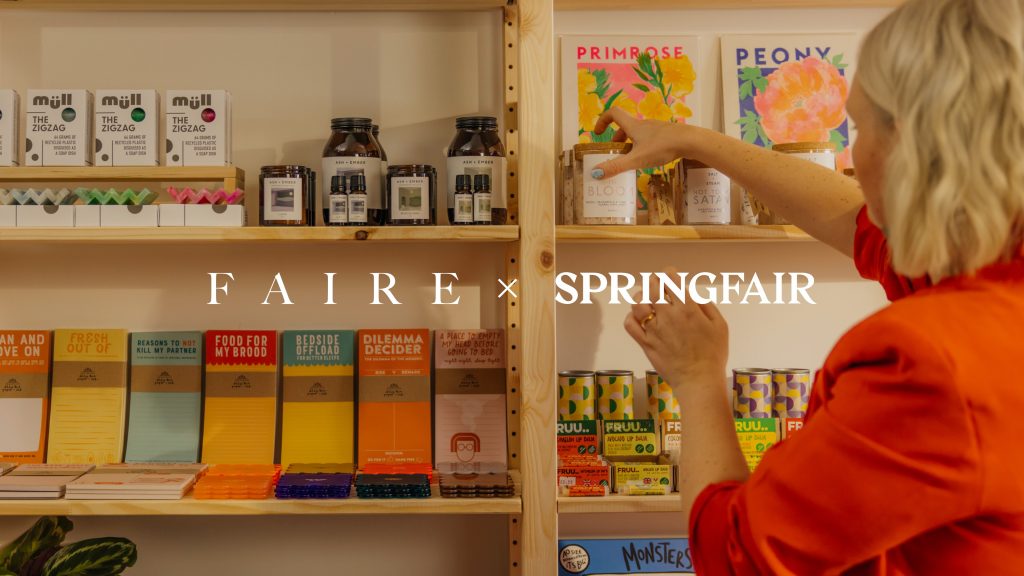The supermarket sector has been fluid for a while now.
The traditional heavy hitters, the Big Four, have been losing ground to discounters, while new challengers like Amazon are throwing their hats into the ring to ensure that going forward there will be no shortage of choice for consumers.
For a number of years Ocado has been the dark horse of the sector. Despite having no store estate to speak of, Ocado has nonetheless ranked as the UK‘s best online supermarket by Which? every year from 2010 to 2015. The technology and logistics behind Ocado have had to remain top notch in order to ensure this, with innovation and “self-disruption” headed by Ocado‘s Chief Technology Officer, Paul Clarke.
An software engineer by trade, Clarke had no previous retail experience prior to joining Ocado in 2012, but technology is where he thrives.
“We have lots of people in the business who do have these expertise, and that‘s how the two halves work creatively together to produce fantastic solutions,” Clarke said, unfazed about his lack of any retail background.
“Ocado is very different from other retailers. We are this unusual combination of a retail and technology business. What we do, what we‘re good at and what we produce is the result of that duality.”
Clarke has not only overseen the continued development of Ocado‘s offering, but also the emergence of the Ocado Smart Platform (OSP). The company‘s “duality” stems from this: Ocado is not planning to keep its platform and capabilities to itself. The OSP is a service that businesses around the world will be able to utilise.
Of course, this begs the question of how exactly – and why – Ocado reached the point of wanting to sell technology after starting as a solely “retail” business.
“That was always the vision – the founding vision was to do online grocery via the use of significant automation and technology and to use a centralised, automated warehouse type model,” Clarke said.
“We‘ve obviously evolved the technology and solution, but that vision hasn‘t changed.”
Indeed, automation at Ocado has come leaps and bounds. A visitor to the company‘s Andover Warehouse will encounter over 1000 “smart bots” organising grocery deliveries. However, the extent of the vision in terms of Ocado‘s business practices goes beyond this.
“We make a profit on just about everything,” Clarke said.
“The only reason why it‘s only recently that we‘ve made an end of year profit is the conscious choice to reinvest in building a bigger, better solution.
“Right now we‘re building the core of a much bigger business that we intend to become, not just in terms of platform but also capabilities.”
In essence, this is OSP: Ocado‘s “capabilities” on offer to businesses wishing to expand their offering into a multichannel world. Clients will have the use of Ocado‘s technology, warehouses, staff and vans, rather than having to develop these features themselves.
“The first goal is this marriage of the new ecommerce fulfilment platform and our building warehouses,” Clarke explained.
“The combination of those two is what we call OSP, and we want to allow brick and mortar businesses to move online using our model.”
Clarke drew my attention to Morrisons, which began a 25-year partnership with Ocado in early 2014, becoming “the fastest growing online grocery business on the planet” – albeit at the expense of not being allowed to develop its own separate platform.
“This is the kind of shortcut to online grocery that we want to offer our future OSP customers,” he said.
There is als




